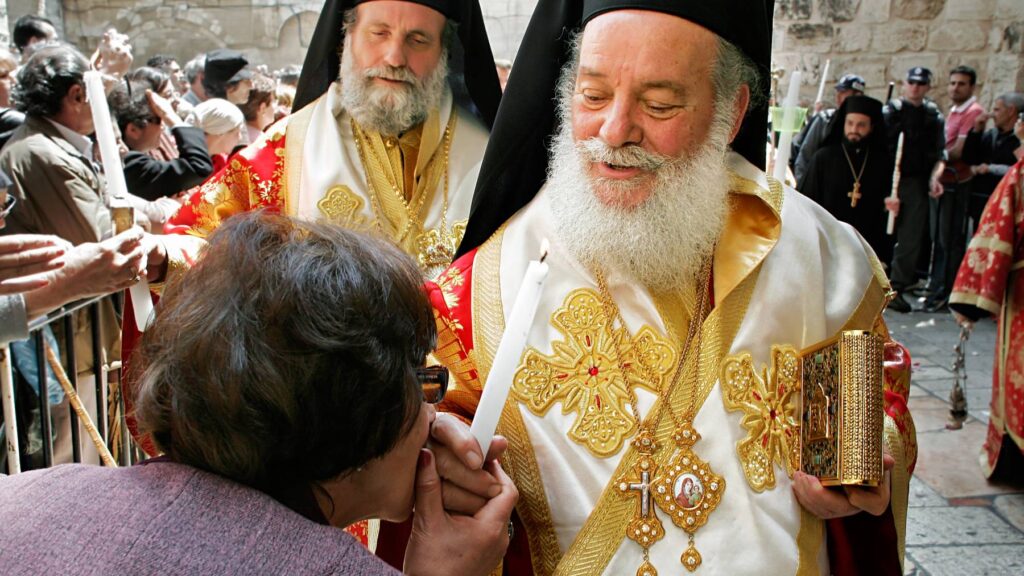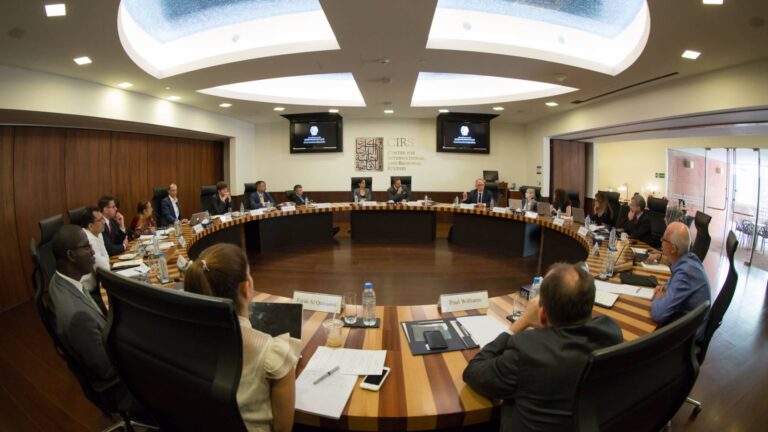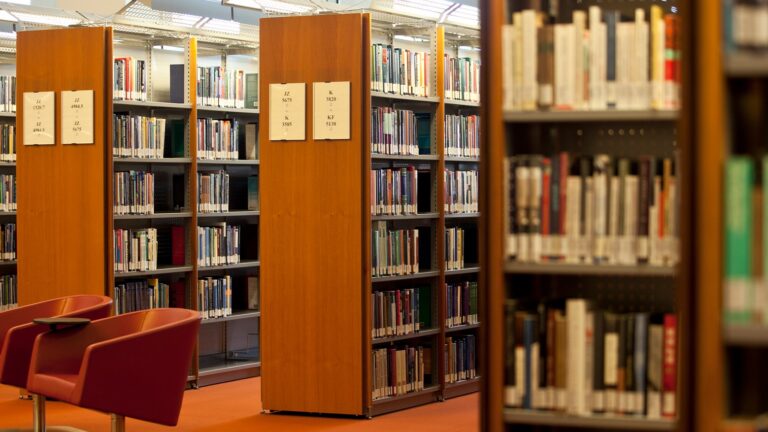Leading the Faithful: The Role of Religious Authorities in the Middle East

This research initiative investigates the dynamics, position of, and role played by spiritual leaders of different religious communities in the Middle East during and after the Arab uprisings. The research project includes examinations of the leaders of the multiple religions and faiths present in the Middle East, which will include Judaism, Christianity, Islam, Bahá’ism, Druze, Yazidism, Alevism, and Zoroastrianism. The project explores a variety of topics such as religious leadership; traditional authority; sovereignty; state conceptions and management of religions, faiths, and sacred sites; women religious leaders; training and religious qualifications; political economy of the religious establishment; and religious-political movements, sources of power, and resistance.


